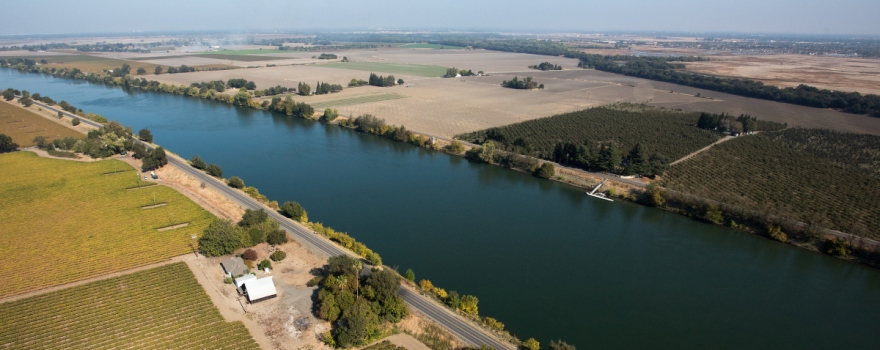From Sportfishing
Fish Report for 8-21-2019

PCFFA Reacts to News of Jeopardy Finding for Salmon, Southern Resident Killer Whales
8-21-2019
Pacific Coast Federation of Fishermens Assc.
SAN FRANCISCO – As reported today in the LA Times, the National Marine Fisheries Service determined in an important draft biological opinion [link to the document here] that the changes to California’s Central Valley Project (CVP) and State Water Project (SWP) operations championed by the Department of the Interior would result in jeopardy to spring and winter run Chinook salmon, steelhead trout, and southern resident killer whales (SRKW). The draft opinion was transmitted to the Department of the Interior, which immediately convened a team of outside lawyers and scientific staff from its own agencies to adulterate NMFS science and suppress the document’s findings.
The Department of the Interior is currently led by former Westlands Water District lobbyist David Bernhardt, whose former client would stand to profit greatly from the proposed reoperation of the project.
Importantly, the draft biological opinion determined that the Trump Administration’s proposed operations of the CVP and SWP would result in declines to fall run Chinook salmon, which are not ESA listed and are the most important salmon species for commercial and recreational fishermen in California. However, the endangered southern resident killer whales’ diet is comprised solely of salmon, including fall run Chinook, which spend time in the Pacific Northwest as they grow and feed the whales when they migrate south.
While the National Marine Fisheries Service is currently evaluating whether to curtail salmon fisheries to provide additional salmon for whales, and the state of Washington has taken action to produce more salmon for whales, including a pledge of $1.1 billion as part of a blue ribbon orca task force, the Trump Administration appears poised to take actions that will result in even more death and hardship for the endangered orcas.
To date, the state of California has not yet undertaken any parallel actions to produce additional salmon for Southern Resident Killer Whales to eat, which would help save the species while creating a buffer that would allow commercial fishing and inland river guide jobs to survive. The only bill in the state legislature that would accelerate additional salmon production, Senate Bill 69 (also known as the Ocean Resilience Act of 2019) authored by Senator Scott Wiener (D-San Francisco), is currently pending in Sacramento.
California could also take defensive action to protect its rivers, species, and fisheries form the Trump Administration. Senate Bill 1, authored by Senate President Pro Tem Toni Atkins (D-San Diego), would create backstops against any Administration rollbacks of protections for ESA-listed fish in the Central Valley Project. This bill is the smart approach for the state to take in light of today’s revelations.
Commercial salmon fishermen, led by the Pacific Coast Federation of Fishermen’s Associations, reacted to the news of the Trump Administration’s actions with disappointment:
“The Department of the Interior is once again showing its true colors by subverting the scientific process to serve its clients in corporate agriculture, no matter which endangered fish or whales get in the way,” said Noah Oppenheim, executive director of PCFFA. “Will the state of California let the Trump Administration strike a brutal blow in the water wars, one that it can see coming, or will it take a defensive stand?”
Reacting to the news that Southern Resident Killer Whales are included in the list of species that would be jeopardized by the Department of the Interior plan, Oppenheim added:
“We must produce more salmon, not less, for Southern Resident Killer Whales’ dietary needs. The Department of the Interior is content to put fewer fish in the ocean, starving orcas and fishermen alike, but we are not content with their plans. The state of California must take action to resist these environmental rollbacks and increase the salmon productivity of the Central Valley.”
< Previous Report Next Report >
More Reports

1-18-2019
Yesterday a coalition of environmental, fishing, and Native American groups led by the Pacific Coast Federation of Fishermen’s Association (PCFFA)...... Read More

11-13-2018
San Francisco, Calif. — Nov. 13, 2018 The annual commercial Dungeness crab season is poised to launch this Thursday, Nov....... Read More

Website Hosting and Design provided by TECK.net